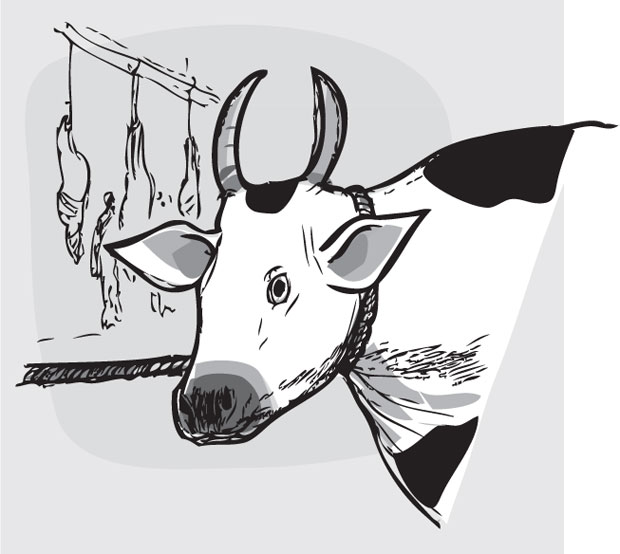Reply To:
Name - Reply Comment

 he National Government has assured that practical and effective steps will be taken this year to consolidate multi-racial and multi-religious unity by finding just and fair solutions to issues that brought about the ethnic conflict and the war. Prime Minister Ranil Wickremesinghe addressing the national Thai Pongal festival in Jaffna gave assurances that land issues, language and education issues would be sorted out this year while more Tamil-speaking people would be recruited to the security forces.
he National Government has assured that practical and effective steps will be taken this year to consolidate multi-racial and multi-religious unity by finding just and fair solutions to issues that brought about the ethnic conflict and the war. Prime Minister Ranil Wickremesinghe addressing the national Thai Pongal festival in Jaffna gave assurances that land issues, language and education issues would be sorted out this year while more Tamil-speaking people would be recruited to the security forces.
On Saturday, January 16 the Hindu community celebrated what is known as Mattu Pongal, a day dedicated to honour cattle and especially cows for the important and even sacred role they play in sustaining human life.
All religions teach that human life reaches its highest dimensions when we go beyond self-centredness and live for others. The cow gives us an example in this virtue and that is why it is considered as sacred. The cow gives its milk to nourish its calves and as one of the great sources of nourishment for human beings.
In this year when we are called upon to respect nature, including all creatures as part of the mission to save planet earth from self-destruction, we need to reflect deeply on our moral responsibility to stop the killing of animals and birds. President Maithripala Sirisena is repeatedly saying that the national government’s midterm economic strategy will be based on the vision of Buddhism and other major religions. In the Buddhist vision and message the theme is for all beings to be happy. That means we cannot kill animals for any purpose. With a new Sri Lanka being built on high values and virtues, the people need to reflect on what right we have to kill and eat animals. The slaughter of cattle and eating meat would be a good place to review our moral rearmament.
The Movement for Non-violence, one of the many groups leading a campaign to stop the slaughter of cattle has composed a challenging poetic song sung by a cow. The selfless animal says we refer to it as a ‘Gona’. But it has the wisdom of eating only grass and giving its nourishing milk to the calves and the people. But most of us regularly eat ‘Malakunu’, sometimes relishing it as devilled beef. So the cow asks us, “who is the Gona”?
If we are to be thankful for small mercies, the Department of Census and Statistics has compiled figures showing that the slaughter of cattle at licensed slaughter houses is coming down. In 2003, the number of cattle legally slaughtered was 216,066. By 2014 the figure had mercifully come down to 151,024. Last year’s figures are still not available.
Though there is a decline we need to this year reflect deeply on the need to stop eating meat. If a majority of people do that there will not be a need for a ban because any ban is generally counterproductive. With Sri Lanka having a bountiful harvest of vegetables and fruits to give us all the nourishment we need, there appears to be no reason why we should continue to kill animals and eat meat. Buddhism clearly calls for total vegetarianism as does Hinduism, while enlightened Bible scholars insist that Christians also are called upon to be merciful to nature and all creatures.
With the virtue of stopping the killing of cattle or other animals, Sri Lanka also needs to revive its dairy milk production. Last Monday was National Milk Day to mark the first day in 1878 when fresh milk was delivered in bottles. The United Nations’ Food and Agriculture Organisation has estimated that 85% of all milk worldwide is produced from cows.
Sri Lanka had a thriving milk industry till the 1980s when a transnational baby killer slaughtered it. The national government needs to take a step to save our cows and revive the dairy milk industry on a small scale first till we become a land of milk and honey.